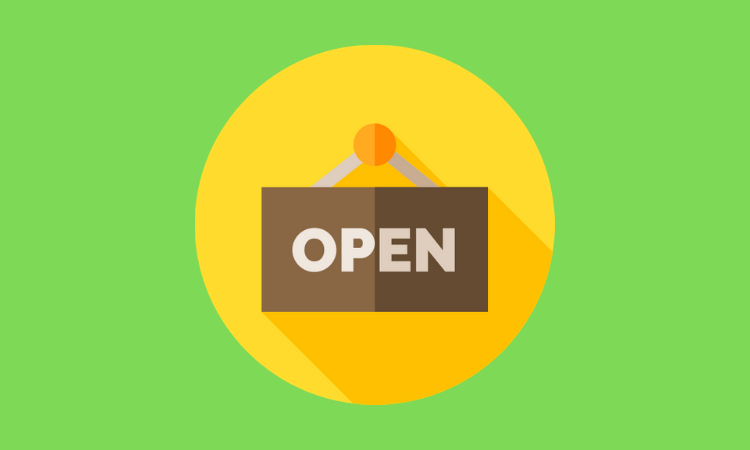Banking as a service, Podcasts
On Open Platform, BBVA’s banking as a service offering, with Susan French
- BBVA's Open Platform is a competitive banking as a service offering in the U.S.
- Head of product Susan French joins us to discuss what products and services the platform powers.








